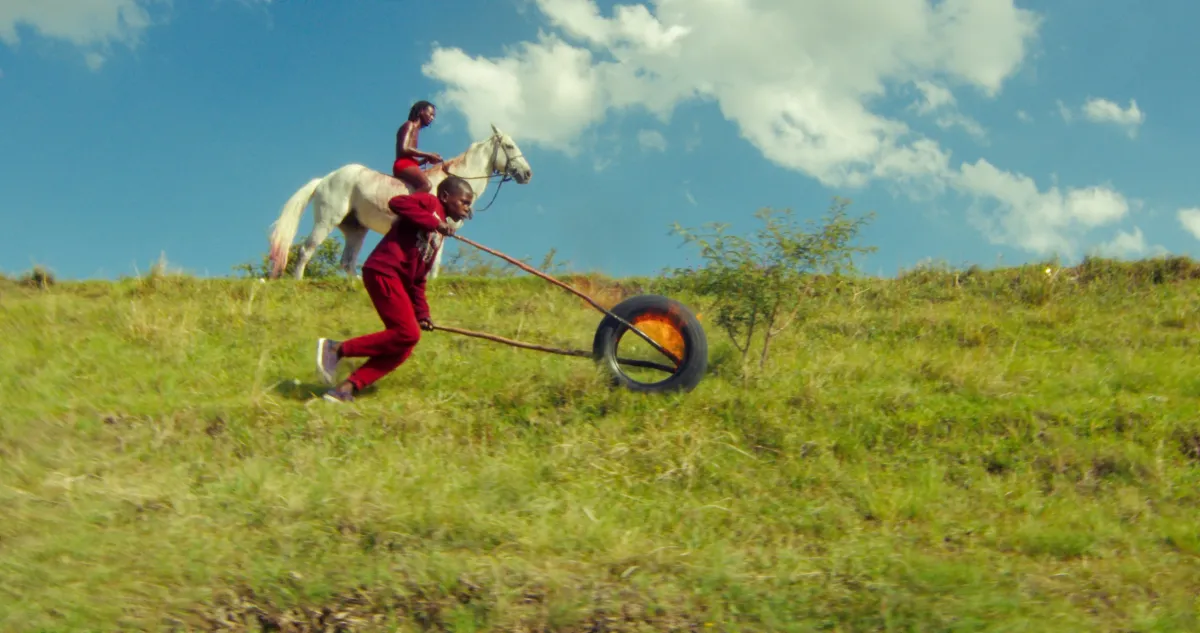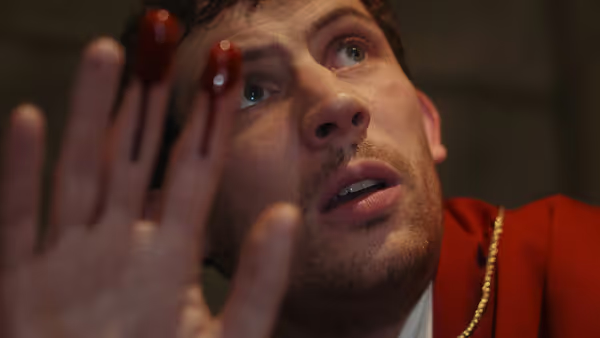Ancestral Visions of the Future | OBSCURAE @ SXSW London
Lemohang Jeremiah Mosese wants to talk in feeling - if you're ready to listen.

We're in Lesotho and it's the past. No, wait, it's the present. We're hearing a voice speak from Berlin, in exile, but not really. He speaks of the past as if he's in it, even though he speaks in past tense. We're watching a documentary, or are we?
Memory is an emotion, not an empiric fact. This is only ever made worse by trauma, which can blur, change, distort or even fabricate memory past its limits. Trauma doesn't always need to be cataclysmic - for a lot of us, our countries have been turbulent for generations, unable to heal the wounds of empire as it keeps pouring salt in the wounds.
The energy needed to break out, to leave – it's, by its very nature, traumatising. We don't often have a choice but to step through that trauma into a foreign land. A white marble land with barren streets and alien eyes who may be just as hostile as the places we left. Here, we can be listened to in specific ways, loved in specific ways, hated in specific ways.
This is a film that never makes true mention of the future. Yet, somehow, by gazing down at the depths of the past, even in an abstract way, we start to see the future much more clearly. It's an optical illusion - even the visuals are shot on film, a medium of the past - but it really is the future. It really is. It's what the future will represent. It's like planting eyes in the ground and having a multitude of eyes seeing across the galaxy. It's VISION.
This film may not get a wide release, but if you ever see it available to watch somewhere, at a festival or on your couch, I can only tell you to switch your brain off and encourage you to join Mosese and feel into his present past, and see his vision with him.



